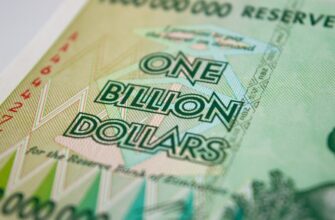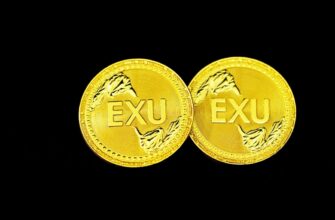As cryptocurrency adoption grows in the Evergreen State, understanding crypto tax Washington State regulations is crucial for investors, miners, and traders. While Washington lacks a state income tax, federal obligations remain complex and binding. This guide breaks down everything you need to know to stay compliant and avoid penalties.
- Washington State’s Unique Crypto Tax Landscape
- Federal Crypto Tax Requirements for WA Residents
- Special Cases: Mining, Staking & Business Transactions
- Crypto Mining in Washington
- Using Crypto for Purchases
- Managing Losses and Tax Strategies
- Frequently Asked Questions (FAQ)
- Q: Does Washington tax cryptocurrency profits?
- Q: How is staking income taxed in Washington?
- Q: Do I pay sales tax when buying crypto?
- Q: What records should WA crypto investors keep?
- Q: Are NFT sales taxable in Washington?
- Q: Can the WA Department of Revenue audit my crypto?
- Staying Compliant in 2024
Washington State’s Unique Crypto Tax Landscape
Washington stands out as one of nine U.S. states without personal income tax. This means:
- No state capital gains tax on crypto profits
- No state-level reporting for individual crypto transactions
- Business & Occupation (B&O) tax may apply if you trade crypto commercially
However, federal taxes still fully apply. The IRS classifies cryptocurrency as property, triggering capital gains taxes on disposals.
Federal Crypto Tax Requirements for WA Residents
All Washingtonians must report crypto activity to the IRS. Key considerations:
- Capital Gains Tax: Applies when selling, trading, or spending crypto. Hold under 1 year for short-term gains (taxed as income) or over 1 year for long-term gains (0-20% rates).
- Income Events: Mining rewards, staking income, airdrops, and hard forks are taxable as ordinary income at receipt.
- Reporting Tools: Use Form 8949 and Schedule D with your Form 1040. Third-party tools like CoinTracker can automate calculations.
Special Cases: Mining, Staking & Business Transactions
Crypto Mining in Washington
Mined coins are taxed as income at fair market value when received. If mining is a business activity:
- Deduct electricity and hardware costs
- Potential B&O tax liability
Using Crypto for Purchases
Buying goods/services with crypto triggers two tax events:
- Capital gain/loss on crypto disposal
- Washington sales tax (currently 6.5% statewide) on the underlying purchase
Managing Losses and Tax Strategies
Washington investors can leverage federal rules:
- Capital Loss Deductions: Offset gains with losses, deducting up to $3,000 annually against ordinary income
- No Wash Sale Rule: Unlike stocks, you can immediately repurchase crypto after selling at a loss
- Gift Tax Exemptions: Gift up to $18,000 (2024) in crypto tax-free per recipient
Frequently Asked Questions (FAQ)
Q: Does Washington tax cryptocurrency profits?
A: No state tax on capital gains, but federal taxes apply. Commercial traders may owe B&O tax.
Q: How is staking income taxed in Washington?
A: Rewards are taxable as ordinary income at fair market value when received. No additional state tax.
Q: Do I pay sales tax when buying crypto?
A: Washington doesn’t tax crypto purchases, but sales tax applies when using crypto to buy taxable goods.
Q: What records should WA crypto investors keep?
A: Maintain:
- Transaction dates and values
- Wallet addresses
- Cost basis documentation
- Records for 3-7 years after filing
Q: Are NFT sales taxable in Washington?
A: Yes – treated like other crypto assets. Profits are federally taxable as capital gains.
Q: Can the WA Department of Revenue audit my crypto?
A: While no state capital gains tax exists, they can audit for B&O tax compliance if you’re trading as a business.
Staying Compliant in 2024
With the IRS increasing crypto enforcement:
- Use Form 1099-B from exchanges but verify accuracy
- Consider tax-loss harvesting before year-end
- Consult a crypto-savvy CPA for complex situations
Remember: Washington’s tax-friendly status doesn’t eliminate federal obligations. Proactive reporting remains your best defense against audits and penalties.








